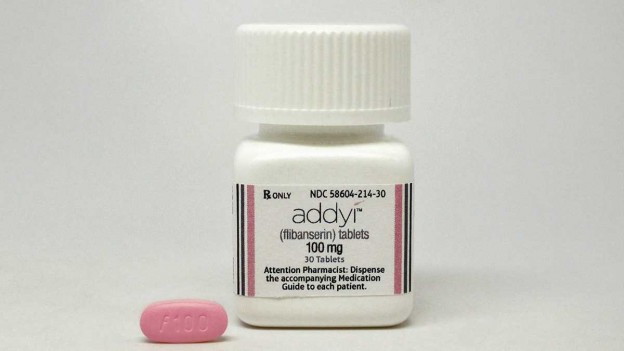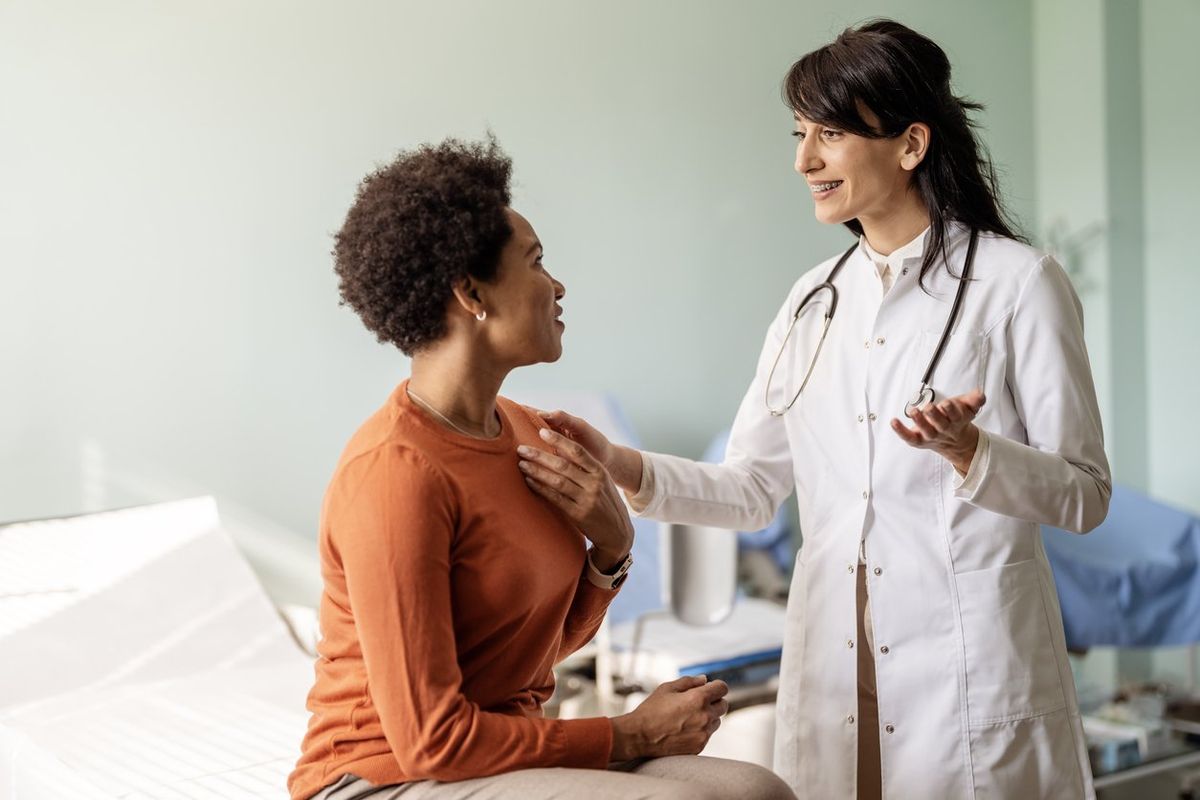Now Reading: The Hidden Dangers: Women Risking Health with Men’s Viagra
-
01
The Hidden Dangers: Women Risking Health with Men’s Viagra

The Hidden Dangers: Women Risking Health with Men’s Viagra
Women Risking Their Health with Misguided Viagra Use
Thousands of women across the UK may be putting their health in serious jeopardy by secretly taking medications never designed for their bodies. Health experts have issued an urgent warning after discovering many women are turning to male erectile dysfunction drugs like Viagra in desperate attempts to improve their sex lives.
A comprehensive survey by LloydsPharmacy Online Doctor revealed the shocking extent of the problem—with a concerning one in ten women believing Viagra is perfectly safe for female use, despite the drug never being tested or approved for women.

The Widespread Nature of Female Sexual Dysfunction
The revealing study, questioning 500 women nationwide, uncovered that a staggering 40 percent of women experience flagging libidos or find sex uncomfortable or painful. Perhaps even more concerning, eight out of ten women reported struggling to achieve orgasm, with a quarter facing this difficulty frequently.
Dr. Bhavini Shah, a GP with LloydsPharmacy Online Doctor, explained: “Female sexual dysfunction, or FSD, affects around 40 percent of women. This may cause loss of libido, difficulties reaching orgasm or cause sex to be uncomfortable or painful.”
Nearly half of the women surveyed admitted they don’t enjoy sex as much as they believe they should, highlighting the significant impact these issues have on quality of life and relationships.
Why Viagra Isn’t the Answer for Women
While the little blue pill has proven extremely effective for men with erectile difficulties, experts stress that it simply doesn’t work the same way for women. Dr. Shah was explicit in her warning: “It’s thought, or hoped, by some, that Viagra may increase sexual pleasure in women by increasing blood flow to the female genital area. However, the medical trials to date have failed to produce significant evidence that Viagra works for women.”
The medication works by relaxing blood vessels which helps improve erections in men. But the science doesn’t translate to female bodies in the same way, and the risks absolutely do.

Potentially Life-Threatening Risks
What many women may not realize is that Viagra can cause serious health complications, particularly for those with pre-existing heart conditions or who take certain medications. These aren’t minor side effects—they include potentially life-threatening conditions such as heart attack, stroke, irregular heartbeat, and dangerously low blood pressure.
Taking these powerful medications without medical supervision or proper indication puts women at risk for serious complications that could require emergency medical intervention.
Understanding the Complex Nature of Female Sexual Dysfunction
Unlike male erectile dysfunction, female sexual health issues are typically far more complex. Dr. Shah points out that FSD can be triggered by numerous factors: “It can be triggered by illness, life experiences—during pregnancy, after having a baby—stress, hormonal changes like menopause, medication side-effects, cancer treatment, chronic illness or depression.”
She adds, “It can also ‘sneak up on you’ for no apparent or obvious reason. Many women have difficulties with sex at some stage in their life and for most this is temporary.”

Safe and Effective Alternatives for Women
While women might be tempted by seemingly quick fixes like Viagra, there are legitimate and effective treatments available for female sexual dysfunction. Depending on the underlying causes, these might include counseling or psychotherapy, lifestyle adjustments like reducing alcohol consumption, and specific exercises such as pelvic floor training.
For women whose sexual issues stem from medication side effects, doctors may be able to adjust dosages or switch to alternative treatments. The key is professional medical guidance rather than self-medication with drugs designed for an entirely different physiology.
Researchers continue to work on developing medications specifically designed for women’s sexual health issues, but the complexity of female sexual response makes this challenging. Unlike the relatively straightforward mechanical aspects of male erectile dysfunction, female sexual dysfunction involves a more intricate blend of physical, psychological, and relationship factors.
When to Seek Professional Help
Dr. Shah offers this advice for women experiencing sexual difficulties: “If you’re finding sex is more of a chore than a pleasure, these feelings have been occurring for a long time, or it’s affecting your relationship, you could be experiencing female sexual dysfunction.”
She recommends women try to identify specific aspects of sex that are problematic: “Is it a lack of libido? Do you find it difficult to orgasm or do you experience pain when having sex? Being clear about what the issues are will help when talking to your GP.”

Breaking the Silence Around Women’s Sexual Health
One positive aspect of this concerning trend is that it highlights how many women are actively seeking solutions for sexual health issues that have historically been ignored or minimized. The willingness to address these problems represents progress, even if some of the methods being attempted are misguided.
Health professionals encourage women experiencing sexual difficulties to break the silence and speak with qualified healthcare providers who can offer evidence-based treatments rather than risking their health with unproven and potentially dangerous alternatives.
The message from medical experts is clear: women’s sexual health deserves proper attention and treatment—but women’s bodies deserve better than medications designed exclusively for men.









